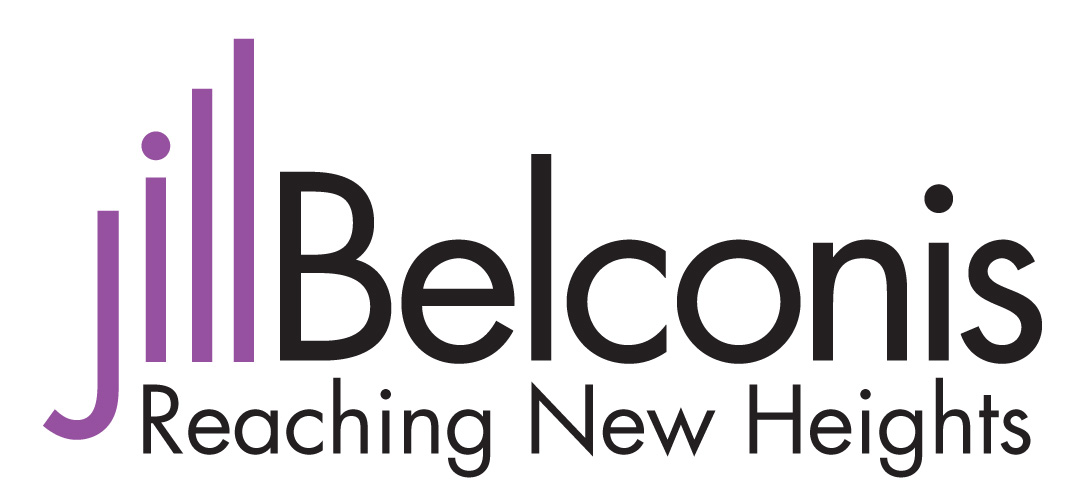The Great Resignation. We’ve heard of it. Maybe some of us have even become part of it. I think most of us would agree that our workplace and even our worlds look a lot different today than they did three years ago. Instead of looking back at what it was and trying to get things to the way they “used to be”, let’s adjust to the cards we’ve been dealt and do what we do best: move forward with a plan.
Let’s face it. We’re experiencing a time when our team members are quitting their jobs at record levels and searching for other opportunities elsewhere. Everyone has their reasons, and we should respect and accept those, but that doesn’t mean we sit back and do nothing.
What can and should we do to hang on to our best talent? Make TRUST our focus. I hate to say one thing will solve all our problems (because when is that ever true), but it can without a doubt make a major difference.
Just think, trust is a key ingredient to any successful relationship. There are certainly many other factors that matter, but without this fundamental element as part of the employee-employer relationship, the other factors aren’t as impactful. We must convey a culture of honesty, psychological safety, and mutual respect before anything else.
Here are a few ideas/exercises to get us thinking on how we can build more trust within our teams (these are best practices I use with leaders and their teams):
Patrick Lencioni's Working Genius Assessment
This assessment provides deep insights into what we’re naturally good at and love to do and what we don't so we can learn to work together as a high performing team. It helps us understand our team’s gifts and frustrations and how to appreciate each other’s differences. When we feel both understood and acknowledge those around us, the environment is one of trust and awareness.
Incorporate a good news check-in at our team meetings
This is a quick, yet easy win. We all want to feel part of a team and that we matter beyond just the work that we deliver. Sharing a 30 second update professionally and personally requires vulnerability. When we feel connected with our team at all levels and that we’re not just there to accomplish our tasks, it helps us to trust one another (and probably get those tasks done with better problem solving and alignment).
Introduce new icebreakers
Some people may dislike icebreakers, but I’m a big fan. Let’s make them fun and switch them up! Similar to the tip above, new topics of conversation in a safe space will encourage us to continue to get to know each other, which ultimately builds trust. It might surprise us how little we know the person we’ve been working with for five years if all we’ve ever talked about is work. Remember, we are emotional beings. Relationships are what make experiences special and we’re much more likely to work hard when we feel connected at a deeper level.
How are you building more trust within your teams? What ideas did this spark for you? I’d love to hear from you about what you will try! Remember to keep in mind that trust is a two-way process. If the team member is not trustworthy, then maybe it’s best that they look for that other opportunity. Do everything you can to offer trust and know that in the end you cannot control the outcome and, above all, trust yourself.

